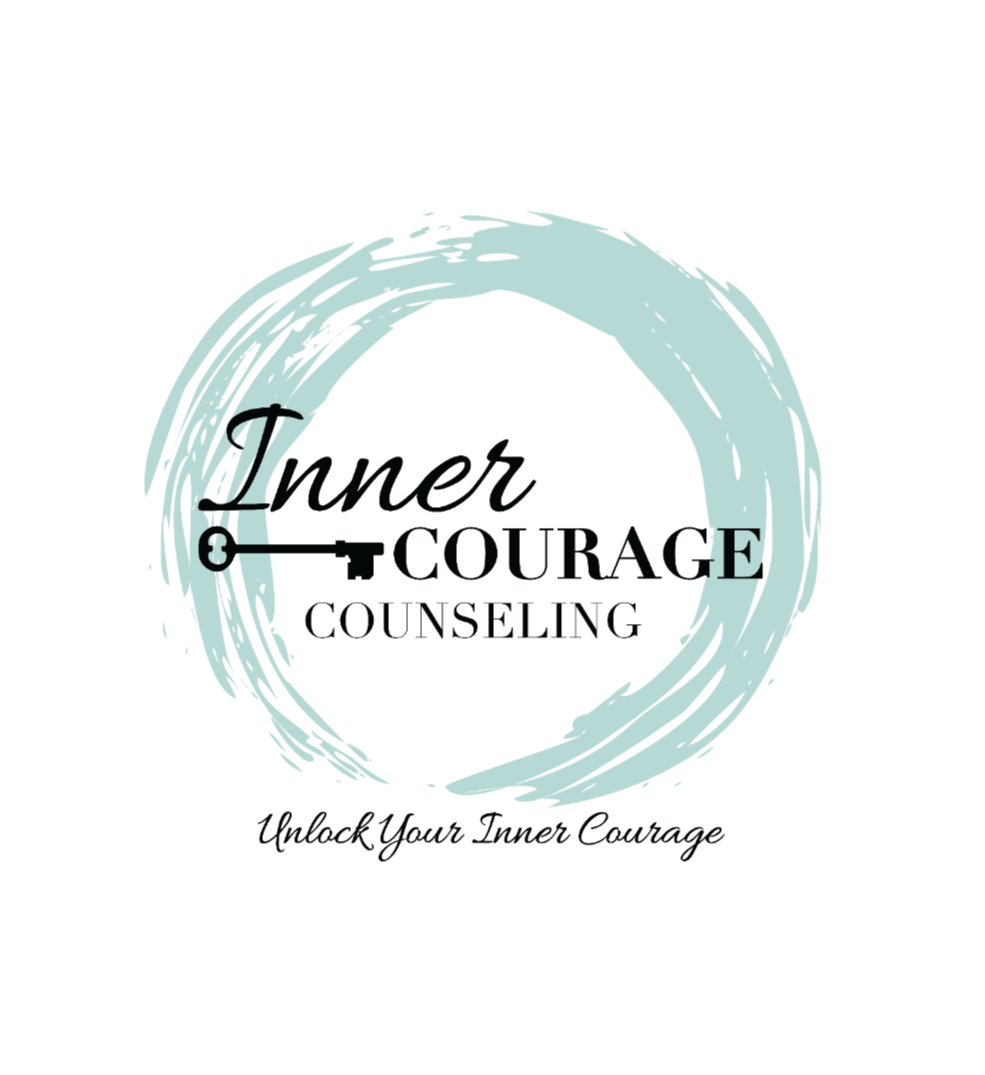Common Questions
Common Questions on Counseling, Therapy, Medication and More
Is there a different cost for virtual/online therapy services?
The fee per session is based on your insurance carrier. Online counseling, or Telehealth, needs to be an approved service on your contract with your insurance carrier or they may deny claims for this service. The amount you owe per session using online counseling should be consistent with in person counseling fees. You can contact your insurance carrier to confirm what your out of pocket expense is for virtual therapy and confirm is Telehealth is an approved service under your insurance plan.
Isn’t therapy for crazy people? I’m not crazy, I don’t need counseling.
FALSE.
- We don’t like to say “crazy”, it’s rude, subjective and just plain offensive.
- Therapy is for everyone who needs a safe space to talk about their problems, feelings, thoughts or emotions. It’s a place for yourself only to work through whatever it is that you need at that time. It’s 55 minutes you have JUST FOR YOU, with someone who is unbiased, non-judgmental and WANTS to help you… uhhhhh….sounds amazing, sign me up!
- It’s a HEALTHY self-care practice that deepens your self-understanding and increases self-worth
What’s the difference between talking to a friend and talking to a therapist?
I have a master’s degree in helping people… does your friend? If the answer is yes, there’s one main difference. They are your friend. They (hopefully) care about you enough to create an emotional attachment to you that can feel your hurt with you, have bias towards you and judgmental opinions about your situation. It’s that old saying “you can’t see the forest through the trees”. You are in the trees, and they are in there with you. We are on the outside of the trees looking at the individual tree and the whole forest. We are trained to do that, trained to identify your feelings and thoughts that might be helpful or hurtful.
Trained and licensed professionals have the following:
- A minimum of 6 years of post-high school education.
- A master’s degree in social work or counseling (took me 2.5 years for that) and additionally they do
- An internship for a year during their master’s degree program
- After they graduate with a master’s degree, they are required to take 2 different licensure exams.
- One in the beginning of their training (Licensed Professional Counselor – LPC)
- and another after two years of experience (Licensed Clinical Professional Counselor – LCPC)
- 960 hours of direct face to face counseling per year (equaling 1,920 hours)
- AND have an hour of individual supervision EACH WEEK to discuss and consult on your clients/cases.
- AND TOOOONNNNSSSS of practice! We get pretty good at this stuff when we do it all day every day for years on end 🙂
What can I expect from counseling? What happens during sessions?
Counseling usually consists of 50-55 minutes of talk therapy. What that means is you and your counselor will discuss current stressors, past stressors, solutions, processing, talking about feelings, thoughts, emotions, childhood, future stuff, etc… It really varies per person because each of us has a unique set of personality traits, characteristics, different issues, and it’s all customized to the needs of the individual (or family or couple). No two people are the same, so no two ways of counseling are ever the same. At INNER COURAGE COUNSELING, we tailor our therapeutic approach to your specific needs. We combine our strengths and personalities to provide you guidance and counseling in exploring the areas of your functioning, identify goals, and help find routes to achieving them. Content during sessions can vary from session to session depending on your needs at that time.
How quick does it work?
That’s a hard question. It’s too difficult to identify a set amount of time you will feel better. In large part, it’s up to YOU. With your participation and cooperation, your motivation level for personal development, your commitment to change and self-improvement, you can help move the process along at a reasonable pace for yourself!
It also depends on where you are at and where you want to be. Sometimes it takes a while to get from A to B, and usually there are some speed bumps along the way.
Can’t I just take medication?
You sure can. However, that also can have side effects and not always guaranteed to work. Medication is trial and error. Since there is not a TEST for your brain chemicals, medication is a best guess for a solution to match the symptoms of your problem. Some problems are easier and quicker to solve than others. Medication can be effective, but cannot, by itself, relieve all issues. Counseling and medication together can make a good team. Some people choose not to take medication and go only through counseling. This also helps in a unique way to see the NATURAL issues. That way you can learn mental health treatments, counseling techniques and skills to deal with the roots of the way your brain naturally deals with things.
How can I get the most out of therapy?
Come with an open mind. Come with an open heart. Be willing to be vulnerable and honest with yourself and your counselor. The fact that you want to get the most out of your sessions is a great start. It shows you are dedicated to the process of therapy and most importantly, to YOURSELF. Your continual active participation inside and outside of therapy will be essential to your success.

